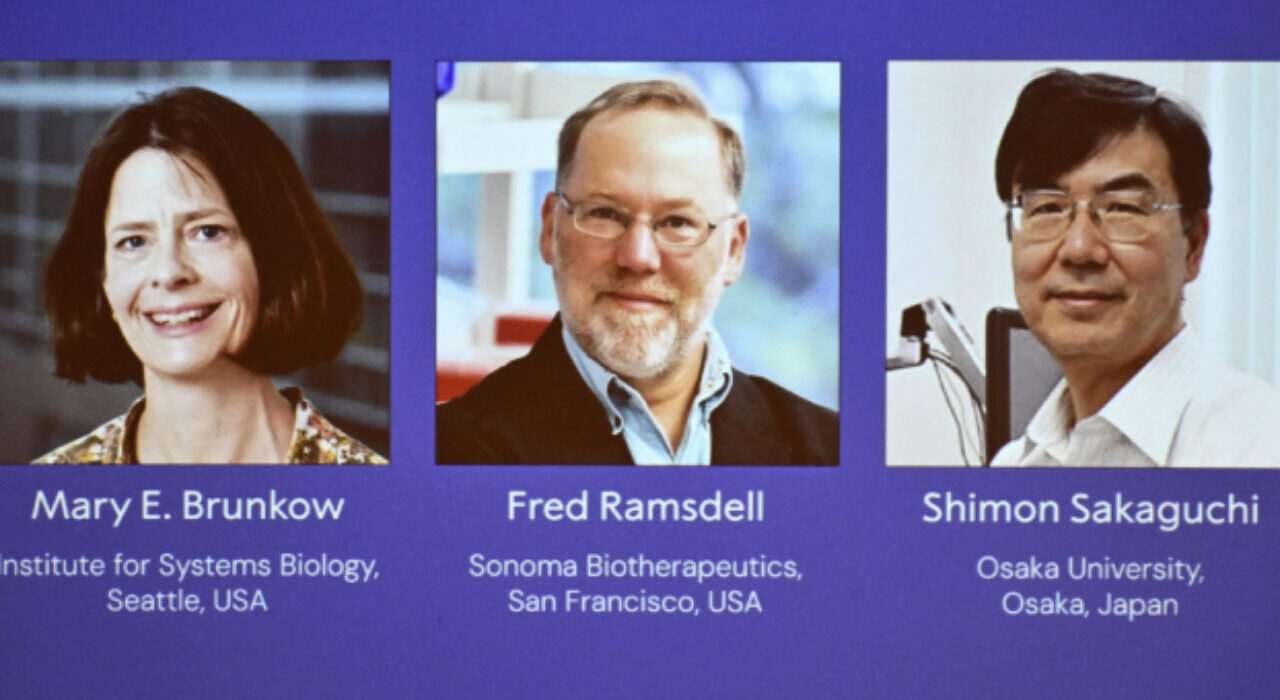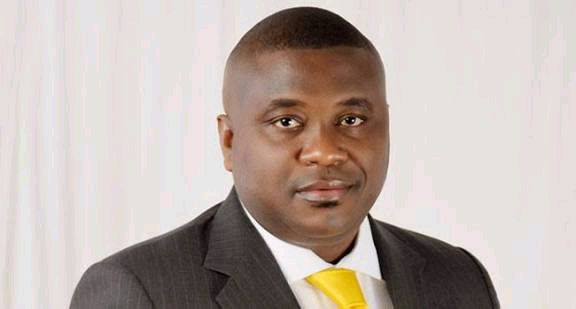US–Japanese Scientists Win 2025 Nobel Prize in Medicine for Groundbreaking Immune System Discovery

Three scientists, Mary Brunkow, Fred Ramsdell, and Shimon Sakaguchi have been awarded the 2025 Nobel Prize in Physiology or Medicine for their landmark discoveries that transformed the understanding of how the human immune system prevents the body from attacking itself.
Announcing the award in Stockholm on Monday, the Nobel Assembly at the Karolinska Institute said the trio was recognized “for their discoveries concerning peripheral immune tolerance.” Their work, spanning decades of collaboration between the United States and Japan, uncovered how special immune cells called regulatory T cells control immune reactions and prevent autoimmune diseases.
Japanese immunologist Shimon Sakaguchi first identified these regulatory T cells in 1995, showing that they play a crucial role in maintaining immune balance. Later, Mary Brunkow and Fred Ramsdell, both working in the United States, discovered that mutations in a gene known as FOXP3 cause autoimmune disorders by disabling the formation of these regulatory cells.
By 2003, Sakaguchi linked the FOXP3 gene directly to the development of regulatory T cells a breakthrough that helped explain why most people do not develop life-threatening autoimmune conditions such as lupus, multiple sclerosis, and type 1 diabetes.
Experts say the research has far-reaching implications for medicine, paving the way for new therapies to control autoimmune diseases, enhance cancer immunotherapy, and improve organ transplant success.
“This discovery reshaped immunology,” the Nobel Committee said. “It provided the foundation for understanding how the immune system distinguishes between self and non-self, protecting us from infections while preventing self-destruction.”
The 2025 Medicine Prize, worth 11 million Swedish kronor (about $1.2 million), is the first Nobel award announced this year, ahead of those for physics, chemistry, literature, peace, and economics.
Sakaguchi is based at Osaka University in Japan, while Brunkow and Ramsdell conduct research in the United States, continuing their work on immune regulation and autoimmune therapies.
Their achievement, celebrated globally, underscores the power of international scientific collaboration and its impact on human health.









